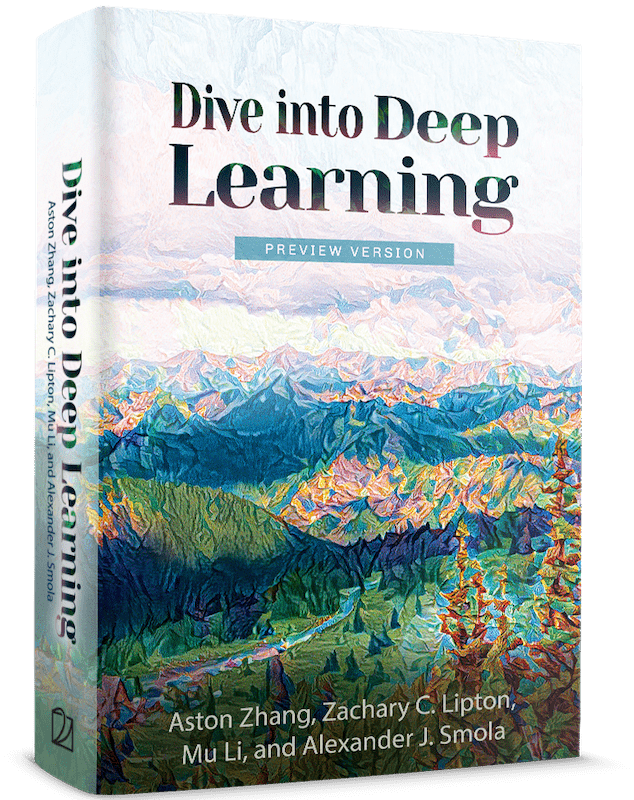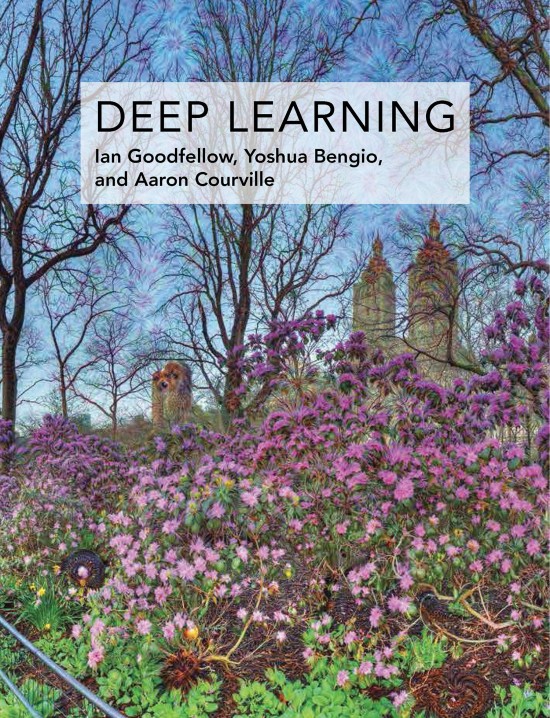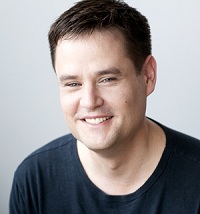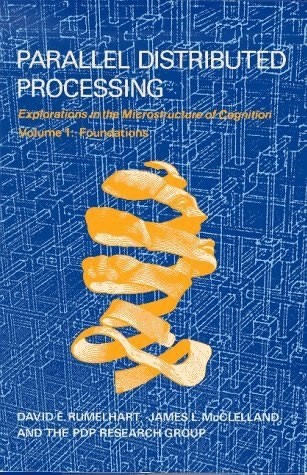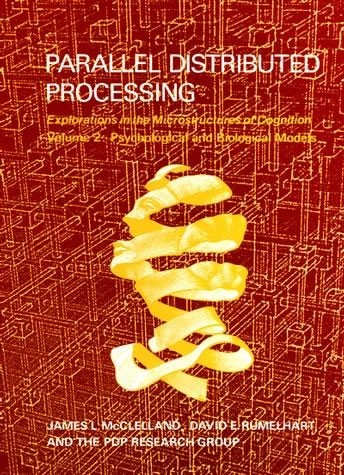Tentative Schedule of Lectures
Tentative Schedule of Recitations
| Recitation | Date | Topics | Materials | Videos | Instructor |
|---|---|---|---|---|---|
| 0A | Due Feb. 1 | Object Oriented Programming | Notebook (*.zip) |
Video (YT) |
Shayeree Sarkar |
| 0B | Due Feb. 1 | Fundamentals of NumPy and PyTorch | Notebook (*.zip) | Video (YT) |
Nour Ali |
| 0C | Due Feb. 1 | AWS Setup | Handout | Video (YT) |
Vaidehi Joshi |
| 0D | Due Feb. 1 | Introduction to Google Colab | Handout |
Video (YT) |
Haoxuan Zhu |
| 0E | Due Feb. 1 | Debugging | Notebook (*.zip) |
Video (YT) |
Owen Wang |
| 0F | Due Feb. 1 | Remote Notebooks | Handout |
Video (YT) |
Zhihao Wang |
| 1 | Out Feb. 6 | Your First Deep Learning Code | Slides (*.pdf) |
Video (MT) |
David Park |
| 1 | Out Feb. 6 | Basics of an MLP | Slides (*.pdf) |
Video (YT) |
Tanya Akumu |
| 2 | Out Feb. 12 | Computing Derivatives | Slides (*.pdf) |
Video (YT) |
Kinori and Sai |
| HW 1 Bootcamp | Out Feb. 12 | How to get started with HW1 | Notebook (*.ipynb) |
Video (YT) |
Vaidehi and Sai |
| 3 | Out Feb. 19 | Optimizing the Network |
Notebook 1(*.ipynb) Notebook 2(*.ipynb) Slides (*.pdf) |
Video (YT) |
Alex and Shentong |
| 4 | Out Feb. 26 | Convolutional Neural Networks |
CNN Basics(*.pfd) CNN Backprop(*.pptx) |
Video (YT) |
Nour, Vaidehi, Shayeree and Tanya |
| 5 | Out Mar. 5 | CNNs: Classification and Verifaction |
Slides (*.pfd) Handout (*.zip) |
Video (MT) Video (YT) |
David Park |
| HW 2 Bootcamp | Out Feb. 9 | How to get started with HW2 |
Handout (*.zip) Slides (*.pdf) |
Video (YT) |
Shriti and Shayeree |
| 6 | Out Mar. 12 | RNN Basics |
Slides (*.pdf) Handout (*.zip) |
Video (YT) |
Joseph Konan and Kinori Rosnow |
| 7 | Out Mar. 19 | CTC and Beam Search |
Slides (*.pdf) Handout (*.ipynb) |
Video (YT) |
Akshat Gupta and Charles Yusuf |
| HW 3 Bootcamp | Out Mar. 24 | How to get started with HW3 |
Slides (*.pdf) |
Video (YT) |
Owen, Charles, and Kinori |
| 8 | Out Mar. 26 | Attention |
Slides (*.pdf) Addtional Notes used in Recitation (*.pdf) Handout (*.zip) Video (YT) |
Anurag Katakkar and Shriti Priya | |
| 9 | Out Mar. 28 | Autograd Bootcamp |
Slides (*.pdf) Video (YT) |
Kinori Rosnow | |
| 10 | Out Apr. 2 | HW4P2 Bootcamp, Listen Attend Spell |
Video (YT) |
Eason | |
| 11 | Out Apr. 9 | Representations and Autoencoders |
Slides - Representation Learning (*.pdf) Slides - Autoencoders (*.pdf) |
Video (YT) |
Anurag and Shentong |
| 12 | Out Apr. 16 | Autoencoders and VAEs |
Handout (*.zip) |
Video (YT) |
Akshat and Joseph |
| 13 | Out Apr. 16 | GANs |
Slides (*.pdf) Notebook (*.ipynb) |
Akshat | |
| 14 | Out Apr. 16 | GANs |
Slides (*.pdf) |
Akshat |
Assignments and Quizzes
∑ Ongoing, ∏ Upcoming
| Assignment | Released | Due | Material / Links |
|---|---|---|---|
| HW0p1 | Winter Break | Feb 8 |
Autolab, handout
(see recitation 0s) |
| HW0p2 | Winter Break | Feb 8 |
Autolab, handout
(see recitation 0s) |
| Quiz 1 | Feb 6, 12:00 AM EST | Feb 7, 11:59 PM EST | Canvas |
| HW1P1 | Feb 8, 12:00 AM EST | Feb 28, 11:59 PM EST |
Autolab, Writeup (*.pdf) |
| HW1P2 | Feb 8, 12:00 AM EST |
Feb 14, 11:59 PM EST (Early Deadline) Feb 28, 11:59 PM EST (Final Deadline) |
Kaggle, Writeup (*.pdf) |
| Quiz 2 | Feb 13, 12:00 AM EST | Feb 14, 11:59 PM EST | Canvas |
| Quiz 3 | Feb 20, 12:00 AM EST | Feb 21, 11:59 PM EST | Canvas |
| ∑ HW1P1 BONUS | Feb 20, 12:00 AM EST | Apr 29, 11:59 PM EST |
Autolab, Handout (*.zip) |
| Quiz 4 | Feb 27, 12:00 AM EST | Feb 28, 11:59 PM EST | Canvas |
| ∑ HW2P1 | Mar. 1, 12:00 AM EST | Mar. 21, 11:59 PM EST |
Autolab, Writeup (*.pdf) |
| ∑ HW2P2 | Mar. 1, 12:00 AM EST |
Mar. 7, 11:59 PM EST (Early Deadline) Mar. 21, 11:59 PM EST (Final Deadline) |
Kaggle, Writeup (*.pdf) General Tips for Training CNNs: Revisiting ResNets, Bag of Tricks |
| Quiz 5 | Mar. 6, 12:00 AM EST | Mar. 7, 11:59 PM EST | Canvas |
| ∏ Project Proposal Submission | - | Mar. 10, 11:59 PM EST | Canvas |
| Quiz 6 | Mar. 13, 12:00 AM EST | Mar. 14, 11:59 PM EST | Canvas |
| Quiz 7 | Mar. 20, 12:00 AM EST | Mar. 21, 11:59 PM EST | Canvas |
| ∑ HW3P1 | Mar. 21, 12:00 AM EST | Apr. 11, 11:59 PM EST |
Autolab, Writeup (*.pdf) |
| ∑ HW3P2 | Mar. 21, 12:00 AM EST |
Mar. 28, 11:59 PM EST (Early Deadline) Apr. 11, 11:59 PM EST (Final Deadline) |
Kaggle, Writeup (*.pdf) |
| ∏ Quiz 8 | Mar. 27, 12:00 AM EST | Mar. 28, 11:59 PM EST | Canvas |
| ∏ Project Midterm Report | Mar. 11, 12:00 AM EST | Apr. 10, 11:59 PM EST | Canvas |
| ∏ Project Video Upload and Preliminary Report | May 1, 12:00 AM EST | May 6, 11:59 PM EST | Upload to video to YouTube, Preliminary report to Canvas |
| ∏ Project Defense | May 7, 12:00 AM EST | May 10, 11:59 PM EST | Piazza |
| ∏ Project Final Reports | May 9, 12:00 AM EST | May 12, 11:59 PM EST | Canvas |
| ∑ HW4P1 | Apr. 12, 12:00 AM EST | May 2, 11:59 PM EST |
Autolab Writeup (*.pdf) |
| ∑ HW4P2 | Apr 12, 12:00 AM EST |
Apr. 18, 11:59 PM EST (Early Deadline) May 2, 11:59 PM EST (Final Deadline) |
Kaggle, Writeup (*.pdf) |
Documentation and Tools
Textbooks
This is a selection of optional textbooks you may find useful
